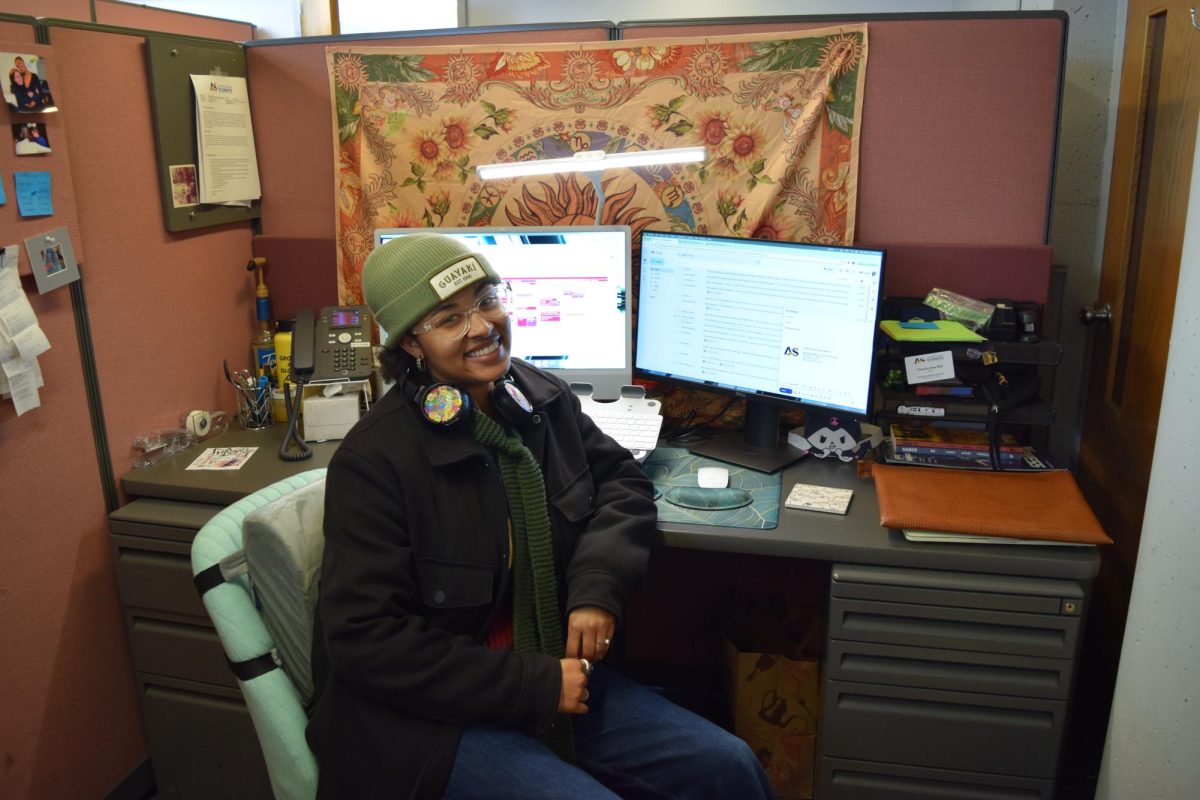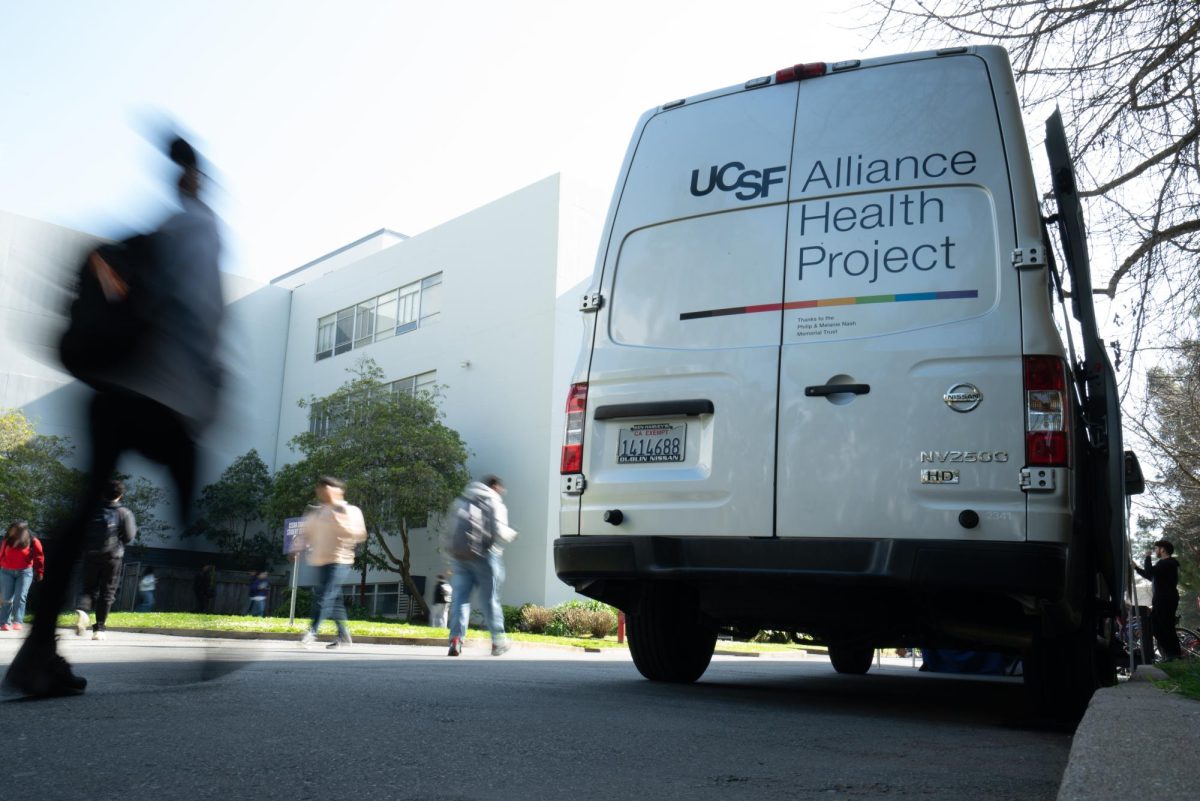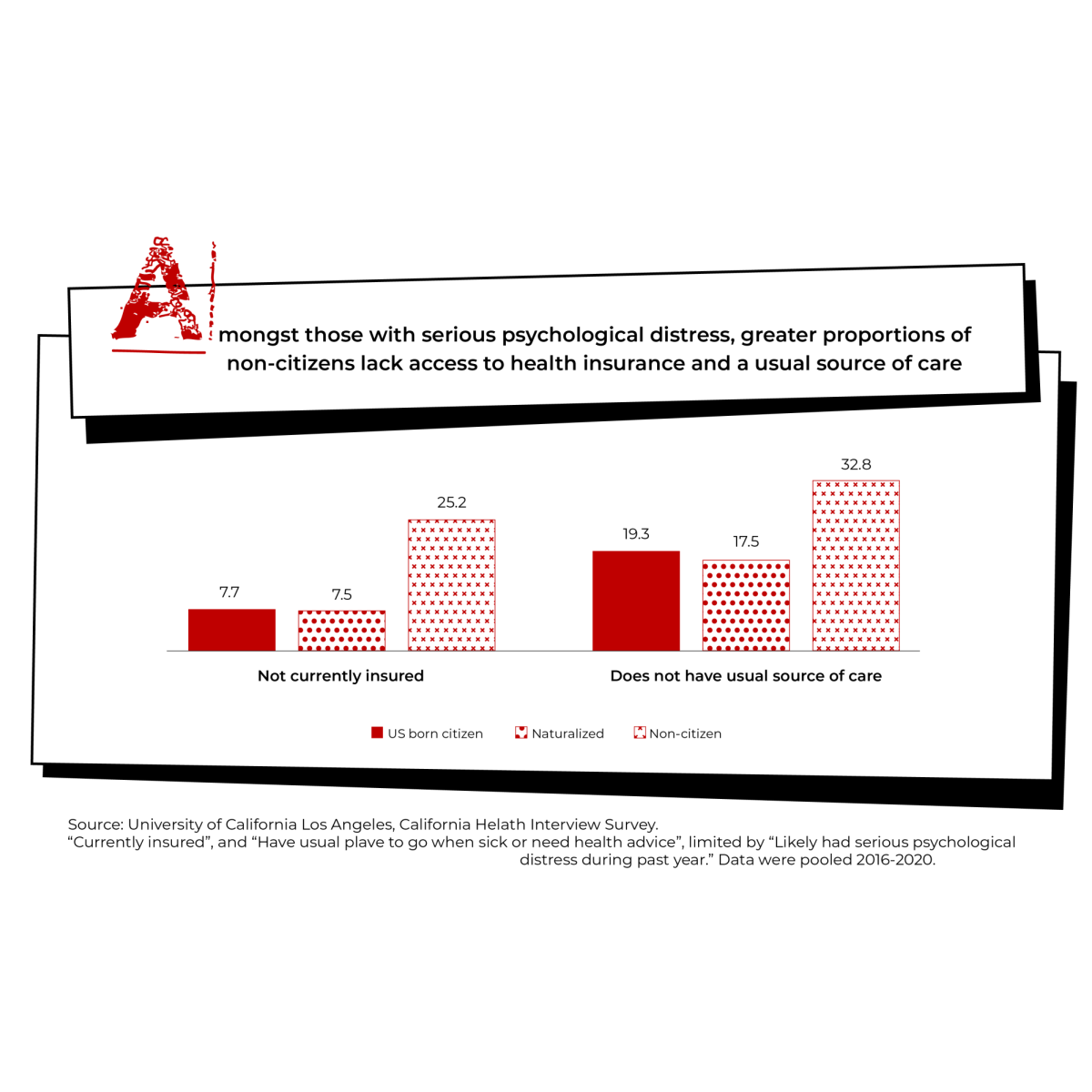Sweaty palms, an increased heart rate, and cold stares await Republican students who express their right to the First Amendment at San Francisco State University.
Engineering student, and member of the Republican Student Union (RSU), Brian May, has realized his political views might not always be welcome at San Francisco State. But now more than ever, he and others are experiencing verbal and physical threats for being college students who voted for President Donald Trump.
Brian has ‘come out’ to most of his close friends about being a conservative, even before Trump was elected. However, those finding out for the first time are sometimes surprised.
“Many times when they do find out where I stand politically they try to debate, some misinformed, some not,” May says. “But they won’t change my mind, just like I’m not trying to change theirs. Coming out and saying you’re a conservative is almost like a bad social status, so many students won’t speak up about it.”
As May, and the Republican Student Union, proudly announce that they’re President Trump supporters, other Trump supporters have a more difficult time vocalizing their opinions.
During the 2016 election, Republicans found themselves with only a few options to choose from. Apart from now President Trump, Ben Carson, Marco Rubio, and Ted Cruz, were all viable options, however they all dropped out of the race by May, leaving Donald Trump as the frontrunner and eventual President.
“During the election left-sided candidates, like Hillary Clinton and Bernie Sanders, were pushing people away.” May commented in regards to the election. “Now people leaning right aren’t attracting people, and people on the left are still pushing people away.”
Even now that President Trump won the presidency, May recognizes that some things Trump has said could be contradicting. “Like many other presidents before, they say things then change them for the better” he explains.
Even before Donald Trump was considered a valid candidate for President, May recalls facing aggressive confrontations during tabling events held on campus last year.
“We used to table a lot last semester before the election,” May says, “And then people began to crowd us, mostly friendly, then it began to get rowdy.”
In March of last year, a typical RSU tabling event turned ugly as onlookers quickly went from jeers to jabs. RSU handouts of the constitution were torn to pieces, members were accused of being racist, and as May witnessed, one of the rsu members was bit by another student after trying to protect a Donald Trump cut out from being trashed.
“The school’s administrative coordinator told us to call the police if we were tabling last semester. So we tried calling the police to see if they would send someone over, but they didn’t” recalls May. “After that, we just stopped because of all the hate and the big protests from people. It wasn’t safe to go out since the election was getting bigger. Even after winter break we don’t feel safe, so we haven’t tabled since.”
The diverse group of students who are part of the RSU find it hard to believe when they’re called racist. “Some people are misinformed, and their comments are shocking. The term ‘racist’ has become so big of a topic that almost everything is considered racist, to the point where you can’t say anything without it coming off as being racist, and I think that’s what’s really pushing people away” May adds.
According to a study on Niche, a college research website, San Francisco State students and faculty are ranked number fourteen out of its top twenty on its top 20 list for most liberal schools.
Students who voted for Trump face negative comments in some classrooms, and as a result have been speaking under a form of self-censorship for the sake of avoiding backlash.
Sitting through an anti-Trump class discussion lead by a San Francisco State instructor has never been more difficult for Natalia Sluzky, a business major who says “it leaves students who don’t agree forced to remain silent or fear being deducted a grade for contradicting.”
Sluzky remembers being in class when the topic of UC Berkeley’s February 1st protest was brought up. The protest forced the cancellation of Milo Yiannopoulos, a conservative and President Trump supporter, from giving a speech on the campus. The general consensus over Yiannopoulos’ speech remains ambiguous. UC Berkeley students protested on the grounds that it was hate speech, while UC President Janet Napolitano saw Yiannopoulos’ speech as part of his right to the First Amendment.
She soon realized that the majority of the class was classifying Yiannopoulos as a hate speaker. Sluzky questioned this and spoke out for what she saw as his freedom of speech, and as a result was quickly shut down from continuing her side of the conversation by classmates and the instructor.
Sluzky believes these biased forms of discussions are unacceptable from someone in a position of power, especially in a learning environment.
“That type of negative public criticism could seriously discourage a student from wanting to be honest in class,” she says.
Professors at San Francisco State are asked to keep political opinions out of classrooms as a policy sent out in a statement to all instructors by San Francisco State President Leslie E. Wong.
AJ LaCilento, who studied political science at San Francisco State, was also an outspoken member for the RSU, excused himself from attending school at the university due to the lack of comprehension he recieved from students last year.
LaCilento explains it’s not surprising that more conservative students censor themselves on college campuses.
“The lack of diversity in opinion actually discourages students from learning how to have a civil debate,” says LaCilento. This becomes an issue when students are faced with one-on-one confrontations.
“I am a liberal,” says Ricardo Camacho, “but students need to be aware that despite our differences, our neighboring classmates who voted for Trump still have the right to speak. If we want to make a change we must rely on the facts when speaking to one another and avoid violence at all cost.”
Political parties have been disputing their differences for years, but after President Trump’s inauguration in November, student activists have been marching the streets for what they claim to be, “an outcry for change” as Camacho says.
Camacho is one of the estimated three to four million Americans to attend the Women’s March and his reasoning for going is accountability. “We want people who voted for Trump to see the consequences of his words” he says.
In a study published by the American Psychological Association last month, psychologists found that two thirds of Americans are stressed about the future of the country. It also states that after this election seventy-two percent of left siding Americans are more likely to “report the outcome of the 2016 presidential election as a significant source of stress.” With tensions among Americans being so high, it’s no wonder San Francisco State has fallen victim to an increasingly violent political climate, but it’s this very passion that drives the politics in America forward.




![[From left to right] Joseph Escobedo, Mariana Del Toro, Oliver Elias Tinoco and Rogelio Cruz, Latinx Queer Club officers, introduce themselves to members in the meeting room on the second floor of the Cesar Chavez Student Center.](https://xpressmagazine.org/wp-content/uploads/2024/03/mag_theirown_DH_014-1200x800.jpg)

